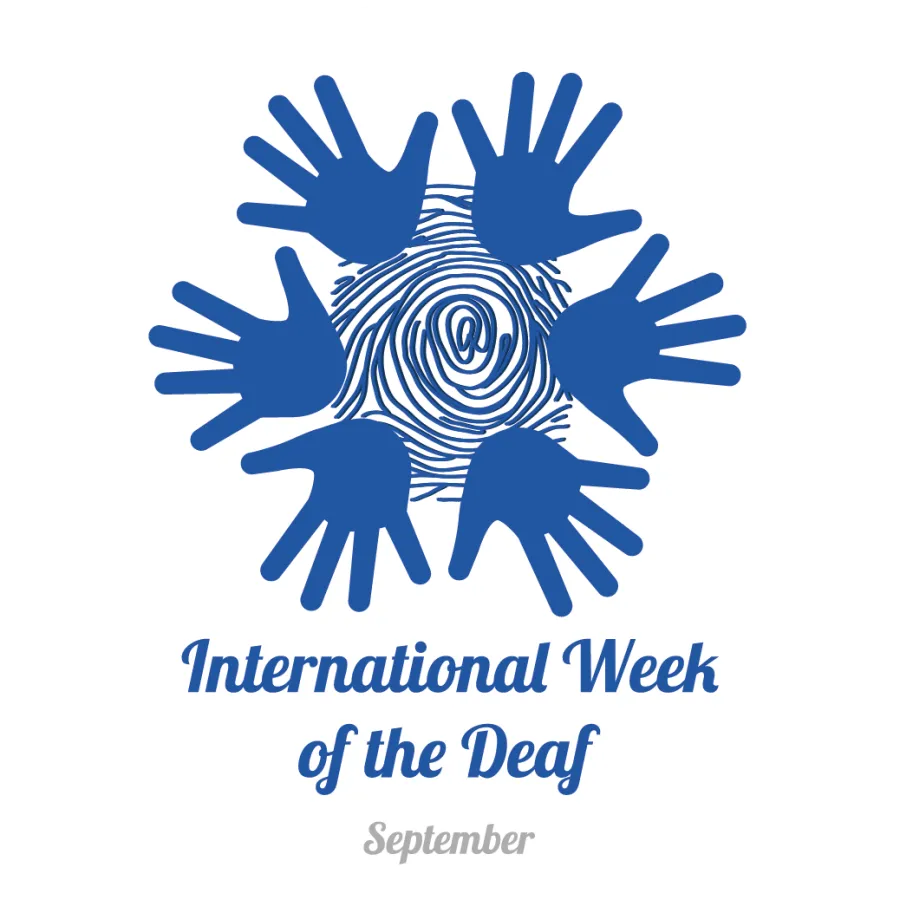WFSE Celebrates Deaf Awareness Week and Month

The last week of September represents International Deaf Awareness Week and the conclusion of Deaf Awareness Month. We are proud to celebrate our deaf and hard of hearing siblings and take this chance to learn more about deaf culture and how we can stand in solidarity as unionists.
Our union also represents many public employees who offer care and support to the deaf community through their jobs. Many deaf and hard of hearing Washingtonians depend on public services like interpretation and childhood education in appropriate communication modalities.
Tommy Fuglestad is a shop steward, serves on the AFSCME Council 28 Executive Board and Local 304 Executive Board, and is a delegate to the Higher Education Policy Committee. Fuglestad works as a Ground and Nursery Services Specialist at North Seattle College and is deaf.
“The deaf awareness month/week means to me that we would be recognizing the deaf cultures and issues,” he wrote.
“There's still much issue and challenges that the Deaf are facing everyday. I face the issues and challenges everyday as well especially doing union stuff. I would want my folks and our union siblings to know our challenges and how they can help or do better.”
One way to be in solidarity is to sign up for an American Sign Language (ASL) course— check out your local community colleges. It’s fun! When working on union projects together, pay attention to our Deaf union siblings and learn about the perspectives, challenges, and issues the Deaf/Hard of Hearing face day to day. Make sure every meeting and Zoom call has interpretation available for those who need it.
Resources for the hearing to learn more about deaf culture, community and issues abound. Here are a few to get folks started:
- Tips for how to communicate effectively with deaf and hard of hearing folks while wearing a mask
- Learn more about the International Week of the Deaf and what it signifies
- Did you know that deaf people face dramatically higher rates of police brutality than the hearing?
“Our union is strong when we have many different viewpoints and experiences bringing perspective to our work,” said WFSE President Mike Yestramski. “Deaf people and communities are critical members of our union and we can’t be successful in our fights for fairness, job security, and the preservation of public services without them.”
Whether it’s a union, public agency, or political process, accessibility cannot be an afterthought. Together, we are committed to making inclusive access the norm.
“The obvious fact is that the Deaf can do anything except hear,” wrote Fuglestad. “In some ways the Deaf are better at certain things than the hearing.”
Thank you to everyone in the deaf communities of Washington who help to make our state, public services, and union great.
